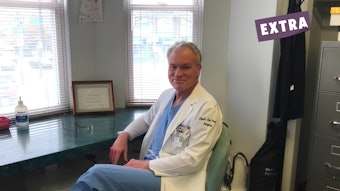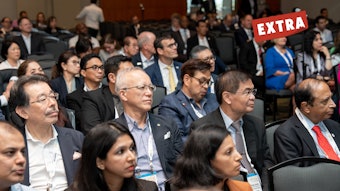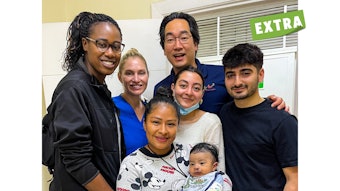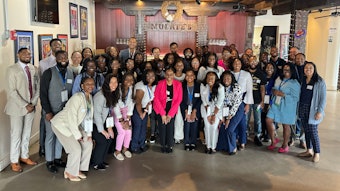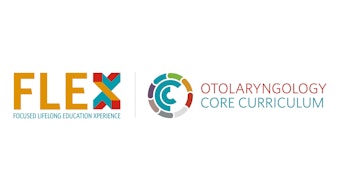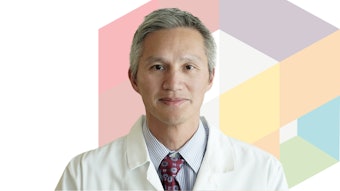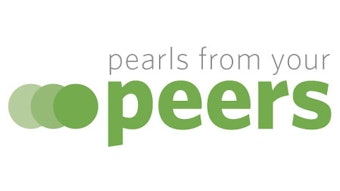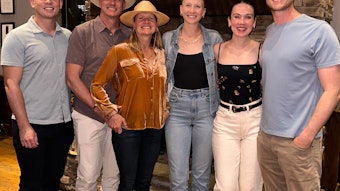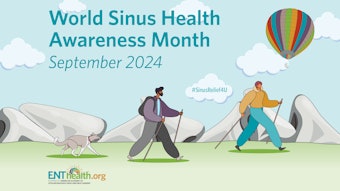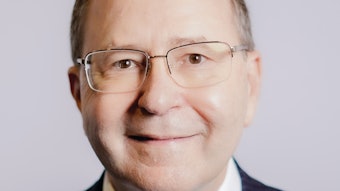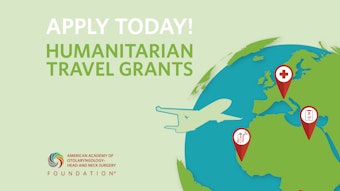Stories from the Road: PAACS
“I have watched many of these residents graduate, establish their own mission practices, and continue the cycle of training more surgeons in their home countries.”
Thomas C. Robey, MD, on behalf of the Humanitarian Efforts Committee
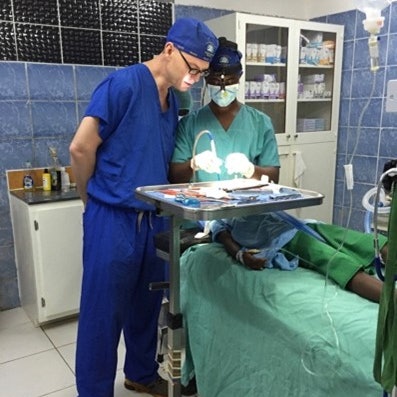 Bongolo Hospital, Gabon.
Bongolo Hospital, Gabon.
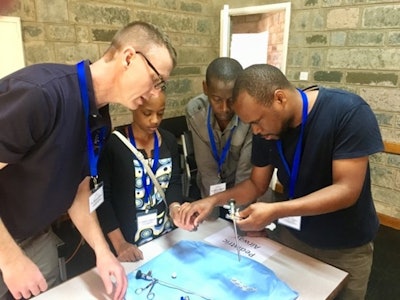 PAACS Educational Boot Camp for Residents.
PAACS Educational Boot Camp for Residents.
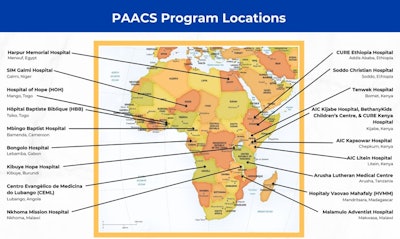
PAACS has general surgery programs at each of the above locations with the following exceptions and additions:
- Mbingo Baptist Hospital, Cameroon (also has a head and neck surgery fellowship)
- Soddo Christian Hospital, Ethiopia (also has an orthopedic surgery residency)
- CURE Ethiopia Hospital, Ethiopia (orthopedic surgery residency only)
- AIC Kijabe Hospital, Kenya (also has residencies in Orthopedic Surgery, Anesthesiology, and Plastic Surgery)
- BethanyKids Hospital, Kijabe, Kenya (pediatric surgery residency only)
- CURE Kenya Hospital (orthopedics residency only)
- Tenwek Hospital, Kenya (also has training programs in orthopedic surgery, cardiothoracic surgery, obstetrics and gynecology, and neurosurgery)
Location and Need
Fifty-six million people in Africa need surgical care. Ninety-three percent of people in sub-Saharan Africa do not have access to safe surgical, anesthesia, and obstetric care that is timely and affordable. In many African countries, there is only one surgeon per 250,000 people. In some of the most rural areas, there may only be one surgeon for 2.5 million people. PAACS is helping to fill this great need. Currently, there are 26 PAACS training programs in 20 mission hospitals across 12 countries in Africa. PAACS has residency programs in general surgery, orthopedic surgery, pediatric surgery, obstetrics and gynecology, neurosurgery, and anesthesiology. PAACS also provides fellowship training in cardiothoracic surgery, head and neck surgery, plastic surgery, and pediatric orthopedic surgery.
A Privilege to Serve for Almost 20 Years with PAACS
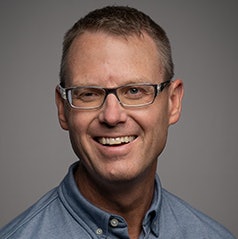 The author, Thomas C. Robey, MD, is a professor of pediatric otolaryngology and residency program director, otolaryngology, and communication sciences at the Medical College of Wisconsin.
The author, Thomas C. Robey, MD, is a professor of pediatric otolaryngology and residency program director, otolaryngology, and communication sciences at the Medical College of Wisconsin.
Over the last 19 years, I have made numerous trips to serve as a visiting faculty surgeon at many of the PAACS hospitals throughout East and West Africa. It has been a special opportunity to teach ENT surgical care while getting to know the residents’ stories, their families, and their dreams. I have watched many of these residents graduate, establish their own mission practices, and continue the cycle of training more surgeons in their home countries. Becoming involved in the administration of these PAACS programs by serving on the Board of Directors for over 15 years has also been an honor. It has been a privilege to be part of PAACS resident education conferences, PAACS faculty development conferences, the opening of new PAACS programs, and graduation festivities over the years.
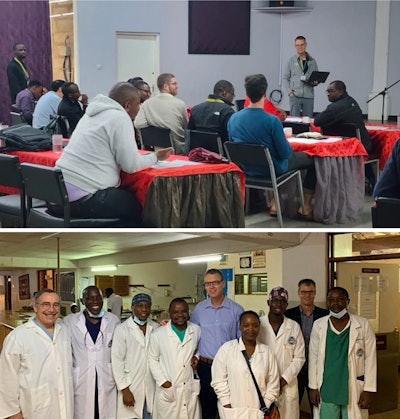 PAACS Faculty Development Conference at Malamulo Hospital in Malawi.
PAACS Faculty Development Conference at Malamulo Hospital in Malawi.
The PAACS vision statement “envisions a growing number of African surgeons and related specialists living out the Gospel and ministering to the sick.” Keep reading to learn more about how you can contribute to this vision.
